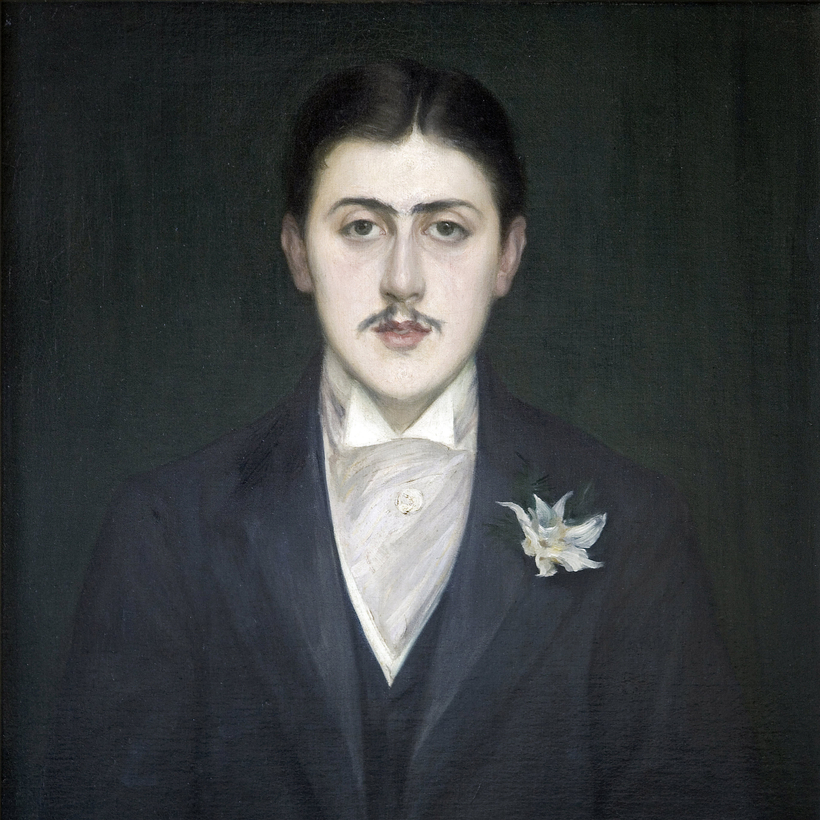Swann’s Way by Marcel Proust,
translated by James Grieve
translated by James Grieve
Marcel Proust was born in the summer of 1871 in Auteuil, a Paris suburb that eventually became the 16th Arrondissement. Baudelaire had also been born in the 16th. At different ages, Victor Hugo and Molière had made their homes nearby. Bernardo Bertolucci’s infamous Last Tango in Paris was filmed throughout it, as were some of James Bond’s adventures in Thunderball.
Today, it is home to one of the great art museums—the Fondation Louis Vuitton—and the Bois de Boulogne, which figures prominently in Proust’s masterpiece, In Search of Lost Time, the seven-volume novel, often mistaken for autobiography, which cemented Proust’s legacy.

